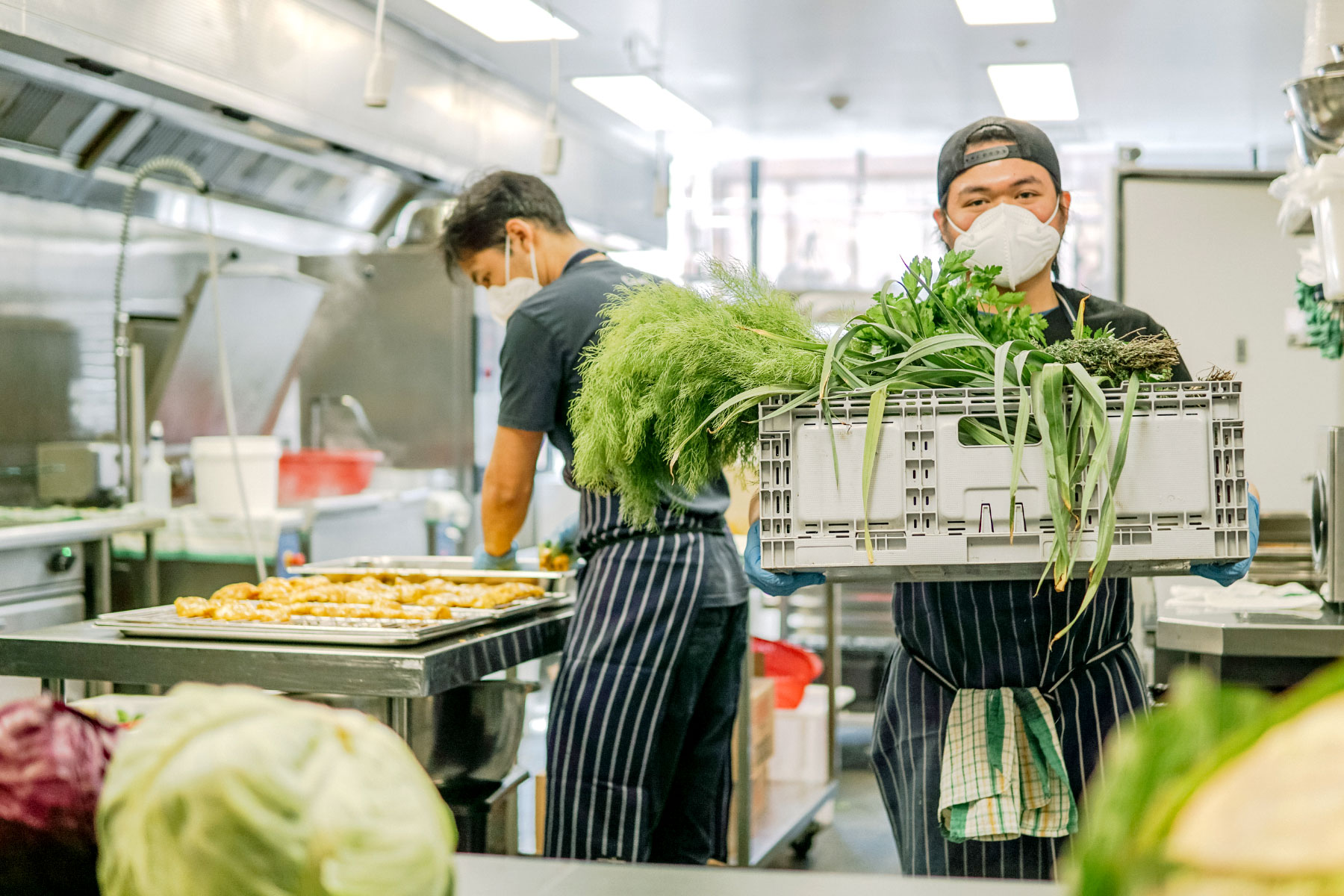WELLINGTON COUNTY – Officials at the People and Information Network (PIN) have seen an uptake in informal volunteering over the course of the pandemic as individuals find creative ways to support their communities.
Executive director Kim Cusimano said PIN saw a decrease in more formal volunteering roles during the initial wave of the pandemic as organizations were trying to reduce risks of spread while figuring out what they were going to be able to offer and how they could do it safely.
“Then you started to see some real creativity in organizations beginning to develop those virtual or remote roles where they could still work towards their mission and values as an organization and include volunteers in that work,” she added.
“We also saw almost a dichotomy. As organizations were closing volunteer roles at the beginning of the pandemic, we also had this almost like a supply and demand where you had individuals who were interested in volunteering in roles that had perhaps not been available before.”
Cusimano said as an example, PIN received a number of different calls in the beginning of the pandemic around medical professionals or students who felt that they could support volunteering through test and trace.
She said the pandemic brought out an urge to support the community through volunteering.
She added PIN is seeing formal volunteer roles opening up more now that organizations are able to put in COVID policies and practices for safety and begin welcoming volunteers back into roles.
“It’s interesting to me that people don’t often realize what maybe informal volunteering is and it’s really this ability to do good, spread the good,” Cusimano explained.
“The concept of being connected as a community I think is a wonderful thing and we’ve seen that over the past year and a half with the pandemic.”
Cusimano said while there has been an increase in informal volunteering during the pandemic, the reality is that as the pandemic continues, communities are still going to need formal volunteers to support organizations and the work they do.
“We’re all hard wired for connection and we have been so physically distanced over the last year and a half and in some cases very socially isolated,” she explained.
“Not everyone thrives in this environment of being so distant from humans, from our neighbours.
“Volunteering is a gateway really of that connection, of that ability to know that you are valued, that you can give support, that the efforts of your volunteering has impact in the community.”
Cusimano said impacts can be made in a variety of ways, whether that’s becoming a volunteer driver to help an individual in the community get to an appointment or becoming involved in a larger capacity such as volunteering at a local food bank or organizing a neighbourhood food collection.
“The core purpose of PIN is to be able to help individuals in the community to learn about what opportunities are available to them and that perfect match, that best fit, is really something that individual feels passionate about,” Cusimano explained.
She said when she asks people why they volunteer, a common response is they want to give back, they want to do good and they want to help their community grow.
“I find it very inspiring. The uptake in particularly the informal volunteering where people feel compelled to help and I think in the pandemic, people feel compelled to do something,” said Cusimano.
“In an uncontrollable situation and what feels like an uncontrollable environment, we do have control over what we do and how we do good in the community.”
She noted individuals have the ability to make a difference in the communities in which they live, work and play, and they are slowly filling the gaps.
“It’s the beauty of human spirit that’s really inspiring,” she said, emphasizing the need to support the community is still there.
PIN is inviting the community to #DoGiveShareGW. That can include pledging to do 20 things for good, giving $20 for good, or sharing 20 hours for good.
For more information about PIN, or to volunteer, visit pinnetwork.ca.




